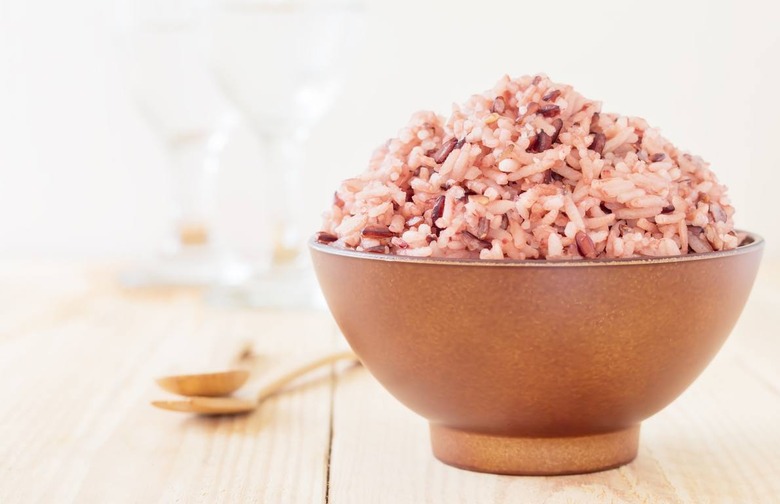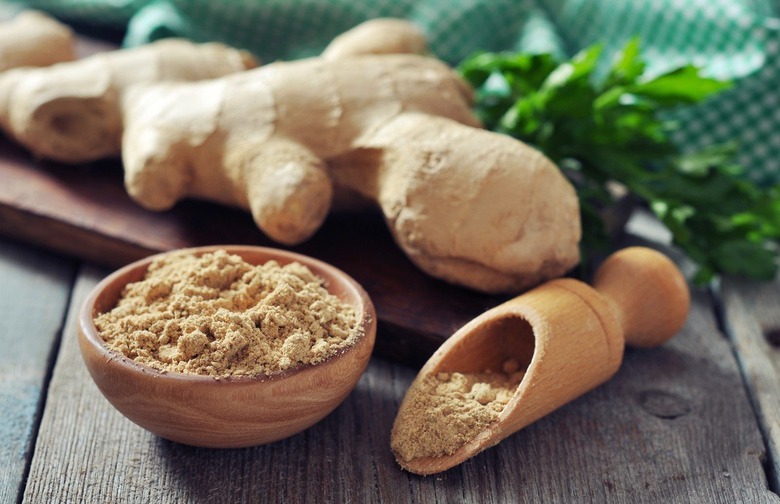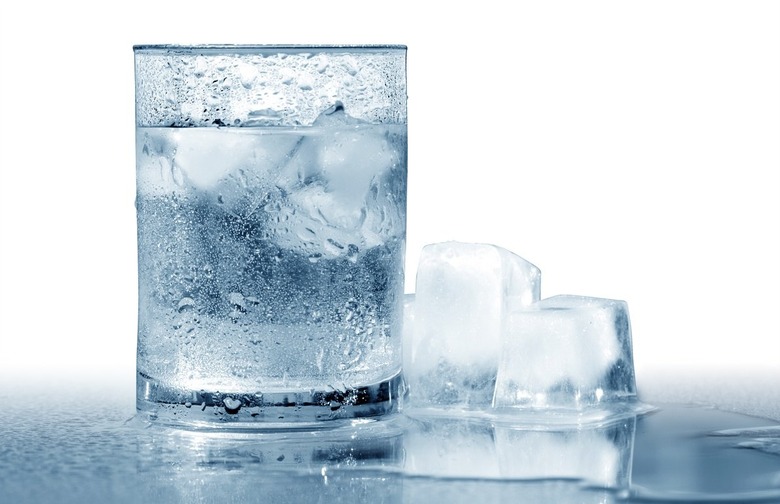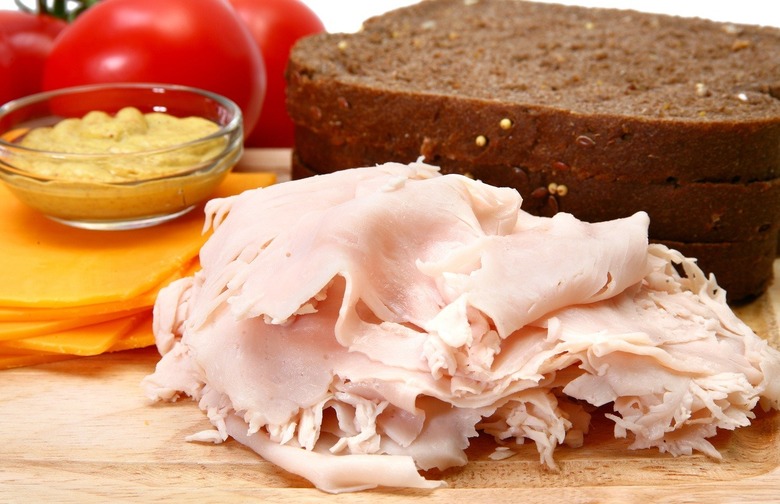Ramp Up Your Metabolism With These 6 Foods And Beverages Slideshow
The body needs to expend more energy to break down a fiber-rich food like brown rice than it does a refined carbohydrate like white bread. Brown rice contains both insoluble fiber, which moves material through the digestive track, and soluble fiber, which slows down the absorption of carbohydrates.
Coffee
Drinking coffee can help you lose weight. A study showed that after drinking fully caffeinated coffee, both people who were obese and people who were an average weight experience an increase in metabolic rate. Unfortunately, our bodies can develop a tolerance to the metabolism-boosting effects of caffeine, so the long-term weight loss capabilities of coffee are still questionable.
Energy Drinks
Energy drinks are by no means a healthy beverage, They're loaded with sugar — but their content of caffeine and taurine (an acid essential for cardiovascular health and muscle development) can help speed up metabolism and melt away fat. Studies show that after caffeine consumption, subjects' metabolic rate increased by between 3 and 11 percent. However, similar to coffee, the metabolism-boosting effects diminish if you develop a tolerance to caffeine.
Ginger
Ginger can reduce LDL cholesterol levels and act as an anti-inflammatory, but it can also help boost metabolism. A study found that overweight men burned more calories through dietary-induced thermogenesis (the body's process of heat production) when they drank a glass of ginger tea with breakfast.
Ice-Cold Water
Dehydration leads to a slowdown of metabolism. Research shows that adults who drink copious amount of water (more than the recommended eight glasses a day) burn more calories than those who drank half as much. Drinking ice-cold water in particular forces the body to expel energy in order to maintain an average internal body temperature of 98.6 degrees Fahrenheit.
White-Meat Turkey
This lean protein is an ideal food when it comes to burning calories. Proteins have the greatest thermic effect of all the nutrients, requiring 20 to 30 percent of their total calorie content just to process them into usable energy.





